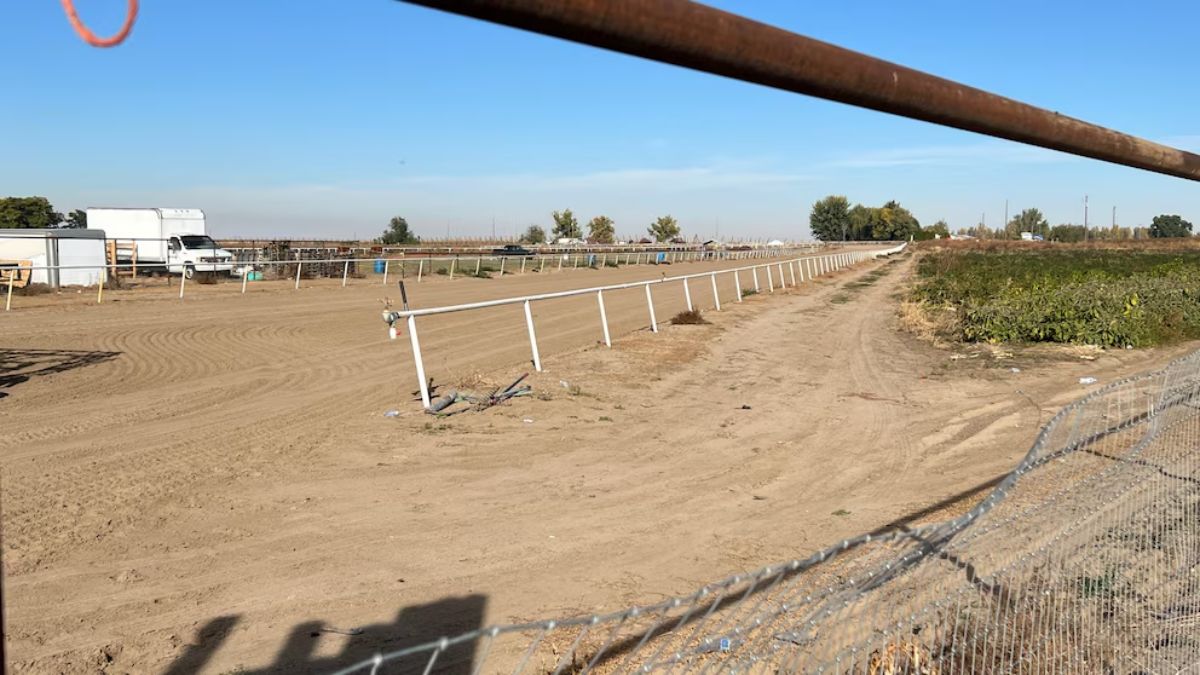A federal ruling has ordered the release of 16 migrants who were taken into custody during an FBI-led operation at a rural Idaho racetrack.
The decision argues that holding these individuals without bond violated their constitutional rights, raising new questions about immigration enforcement tactics and due process protections in the United States.
Court Ruling on Unlawful Detention
Judge Declares Bondless Detention a Due Process Violation
U.S. District Judge B. Lynn Winmill ruled that the continued detention of the 16 individuals—without the opportunity for bond—was unconstitutional.
According to the judge, many of these migrants have lived in the country for decades, have no criminal background, and maintain deep family ties, including marriages to U.S. citizens and children born in the country.
Release Ordered While Cases Proceed
Winmill directed that all 16 detainees be released while their immigration proceedings continue. His ruling stressed that non-citizens living inside the U.S. are entitled to fundamental due process protections under long-standing constitutional principles.
Government Response to the Judge’s Decision
DHS Criticizes the Ruling
The Department of Homeland Security responded sharply, stating in an email to The Associated Press that Immigration and Customs Enforcement (ICE) agents acted legally during the operation.
The statement accused the judge of allowing “lawbreakers to roam free,” and emphasized the Trump administration’s commitment to strict immigration enforcement.
Trump Administration’s Stance
According to DHS, the administration remains focused on detaining and removing individuals who lack legal permission to be in the United States, arguing that this approach restores “law and common sense” to the immigration system.
Details of the FBI-Led Idaho Racetrack Raid
Large-Scale Multi-Agency Operation
The Oct. 19 operation at the Wilder racetrack involved more than 200 officers from at least 14 federal and local agencies, including ICE and Border Patrol. The FBI led the raid as part of an investigation into suspected illegal gambling activities. Roughly 400 people—many of them U.S. citizens—were detained for several hours.
Witnesses Report Aggressive Tactics
Observers described harsh treatment during the raid, including allegations that children were zip-tied and families were separated. Homeland Security Secretary Kristi Noem denied the claims involving zip-tied children, while the FBI initially denied any form of restraints on minors but later clarified its statement to specify “young children.”
Arrests, Deportation Pressures, and Legal Fallout
Immigration Arrests Outnumber Criminal Charges
While the gambling probe resulted in only a few arrests, 105 people were detained on suspicion of immigration violations. Immigration attorney Nikki Ramirez-Smith noted that many detainees signed voluntary departure agreements before obtaining legal advice.
Limited Number of Legal Challenges
Of the hundreds detained, only 18 have formally sought release through federal court. Some cases were dismissed for lack of detail but allowed to be refiled, while others shifted courts due to detainees being transferred to facilities in different states.
Legal Principles Highlighted by the Judge
Due Process Rights for Non-Citizens Inside the U.S.
Judge Winmill emphasized a clear distinction long recognized in U.S. immigration law: people already living within the country—even if undocumented—are granted due process protections, unlike those detained at or near the border.
A Common Judicial Consensus
According to Winmill, nearly all federal judges who have handled similar petitions have reached the same conclusion, reinforcing that non-citizens with established presence in the U.S. cannot be detained indefinitely without constitutional safeguards.
Ongoing Case Delays and Court Backlogs
Long Waits Ahead for Immigration Hearings
Ramirez-Smith stated that the released individuals will now be able to return home while their legal filings are processed. However, their hearings may take years due to a backlog exceeding 3 million immigration cases nationwide.
Policy Changes Affecting Court Timelines
Under President Donald Trump, measures such as restricting categories of asylum claims and dismissing immigration judges have contributed to delays.
About 600 military lawyers have also been authorized to serve as temporary judges, while several routine hearings have turned into deportation ambushes where asylum seekers were quickly arrested.
The Idaho racetrack raid and subsequent court ruling highlight the ongoing clash between aggressive immigration enforcement and constitutional protections for individuals living inside the United States.
Judge Winmill’s decision reinforces the principle that due process applies to non-citizens who have long-standing ties to the country, even as federal agencies push for strict enforcement.
With massive court backlogs and shifting policies shaping the future of immigration proceedings, the migrants released this week face a long and uncertain legal road ahead.



